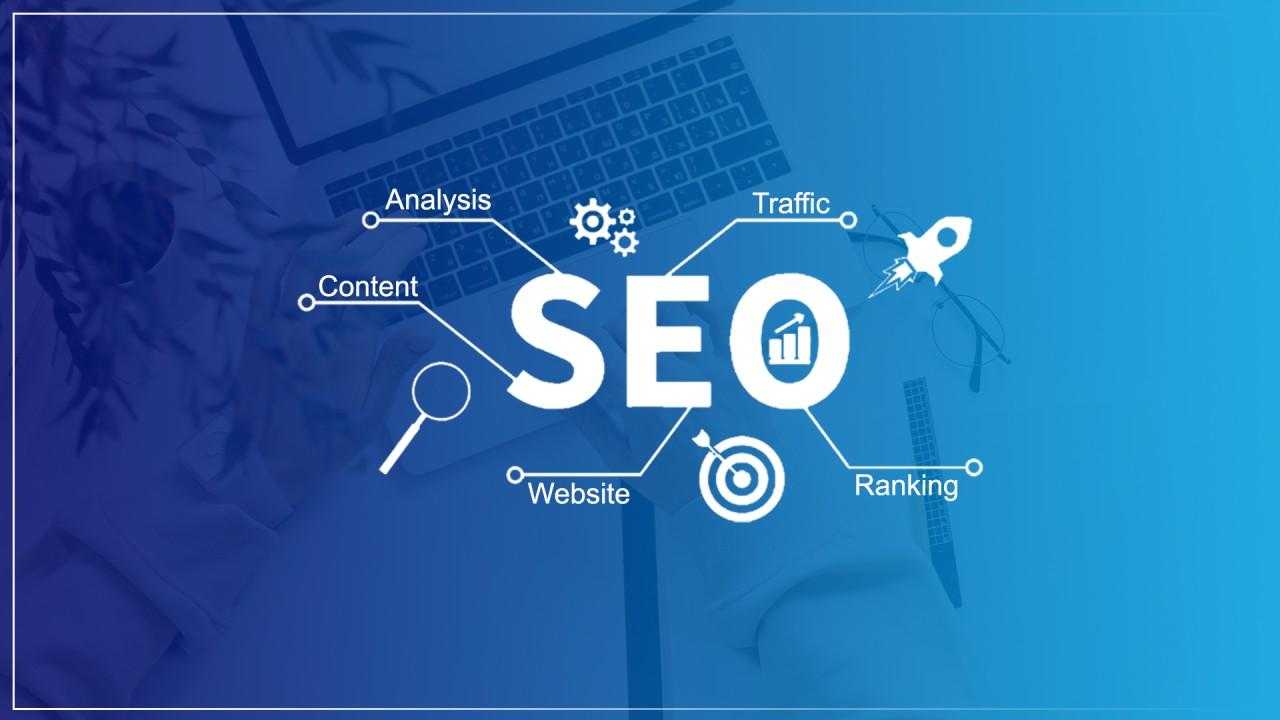Speed Up Your Site: A Key Factor for User Experience and Rankings
A fast website isn't a luxury; it's a necessity for both user satisfaction and search engine recognition. - Chloe Davis, Web Performance Analyst

Optimizing Web Performance: A Cornerstone of Digital Success
In today's digital landscape, a website's loading speed is paramount for online success. Users expect instant access; any delay quickly frustrates visitors, driving potential customers away. This immediate impact on user behavior underscores why performance optimization is critical for any digital presence. Speed is no longer a luxury but a fundamental requirement.
The consequences of a slow website extend beyond mere inconvenience. Even a one-second delay can significantly reduce page views, customer satisfaction, and conversion rates. In a competitive online marketplace, providing a rapid browsing experience is crucial for retaining audience attention and fostering loyalty. A fast site acts as a key differentiator for your brand.
Beyond user experience, website speed is a pivotal factor in search engine optimization (SEO). Major search engines, including Google, explicitly use page speed as a ranking signal. Faster websites are favored in search results, leading to higher visibility and increased organic traffic. Optimizing for speed is thus an essential strategy for improving site discoverability.
The direct correlation between site performance and business objectives is clear. A faster website translates into better engagement, lower bounce rates, and improved conversion funnels. Whether your goal is lead generation or information dissemination, a rapid loading experience ensures visitors complete desired actions efficiently. Speed is a strategic business asset.
Where Speed Optimization Makes a Difference
-
E-commerce Platforms: Crucial for sales. Rapid loading prevents cart abandonment, enhances the shopping experience, and directly boosts revenue by ensuring seamless user interaction.
-
Content-Rich Websites: Vital for reader engagement. Quick access to articles and media reduces bounce rates, encourages longer visits, and enhances overall content consumption.
-
Corporate & Service Sites: Projects professionalism. Fast loading ensures quick access to company information and services, fostering trust and efficient lead generation.
Expert Perspectives on Performance Enhancement
Industry experts agree that prioritizing website speed is non-negotiable. Consensus centers on Google's Core Web Vitals, providing measurable metrics for user experience. Focusing on Largest Contentful Paint (LCP), First Input Delay (FID), and Cumulative Layout Shift (CLS) offers a clear roadmap for technical optimization, aligning with search engine expectations.
One perspective emphasizes server-side optimizations as foundational. This includes robust hosting, Content Delivery Networks (CDNs), and optimized database queries. Proponents argue a strong server infrastructure provides the best baseline, limiting bottlenecks and enhancing overall performance significantly.
Conversely, many developers highlight critical client-side optimizations: efficient image compression, lazy loading, minification of CSS/JavaScript, and effective browser caching. They contend that even with a powerful server, a poorly optimized front-end can drastically slow page rendering, requiring careful asset management.
A holistic approach combining server-side and client-side strategies is most effective. Experts at Ucronixjani advocate for continuous monitoring and iterative improvements, recognizing performance is an ongoing process. Regular audits, A/B testing, and staying abreast of new web technologies are essential for optimal speed.
Final Observations and Recommendations
Website speed is a critical pillar of digital success, influencing user satisfaction, search rankings, and overall business outcomes. A proactive, integrated approach, combining technical expertise with user experience understanding, is essential for any competitive online presence.
Continuous performance optimization, through regular audits and strategic investments, is vital. This commitment ensures businesses consistently exceed user expectations, strengthening their digital footprint effectively for long-term growth.




Chanchai Thammamongkol
This article clearly articulates the importance of website speed. It's a topic often overlooked by non-technical stakeholders, but the business impact is undeniable. Great insights!
Nichaporn Thanamongkol
Thank you for your feedback! We agree that highlighting the business value is key to effective performance strategies. We aim to bridge that gap.
Chutima Rattananan
I found the points on server-side vs. client-side optimization interesting. How does one typically prioritize between these areas when resources are limited?
Thanaphong Wattanamongkol
That's an excellent question. Prioritization often depends on current bottlenecks identified through performance audits. We generally recommend starting with foundational server-side improvements, then moving to client-side for fine-tuning.